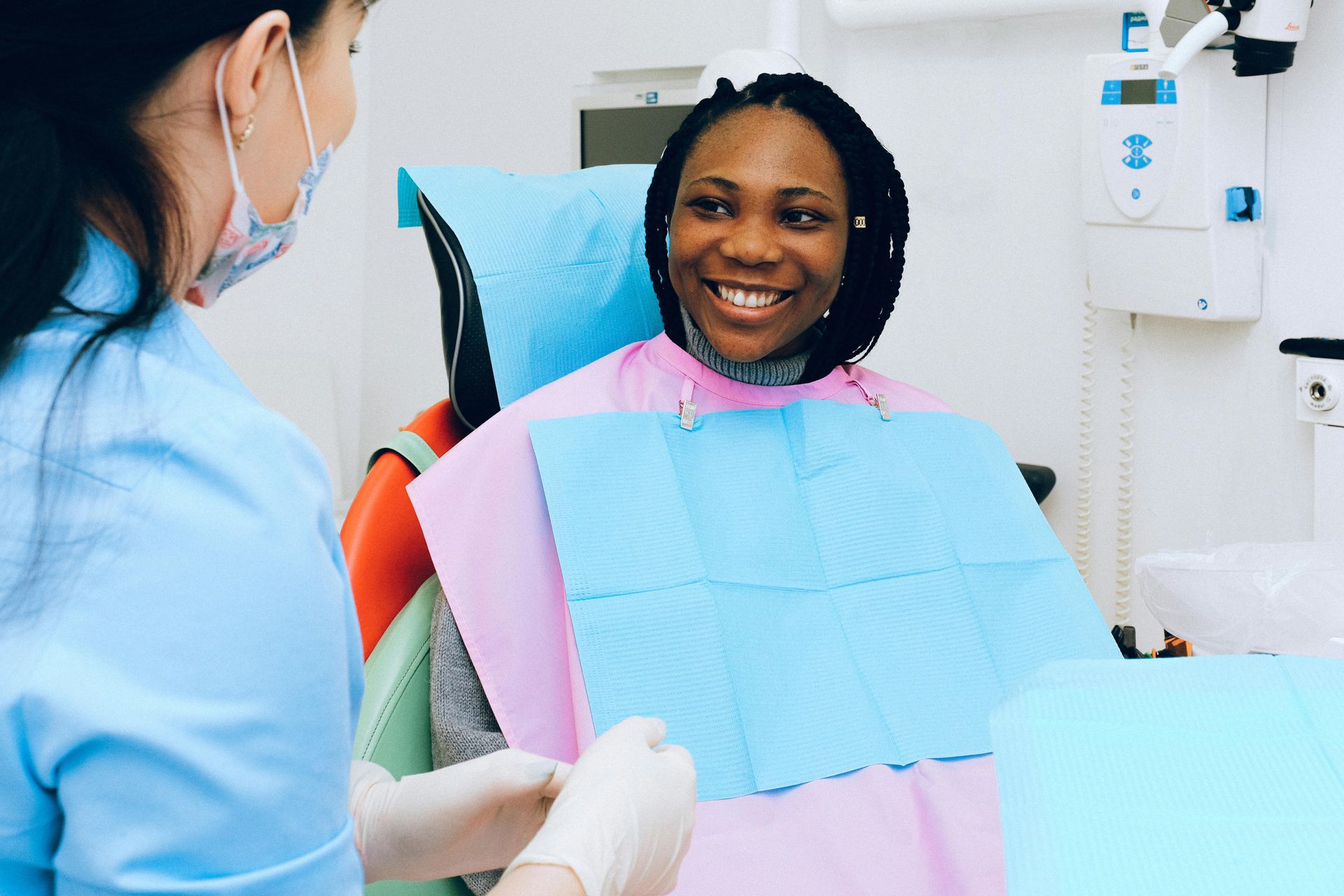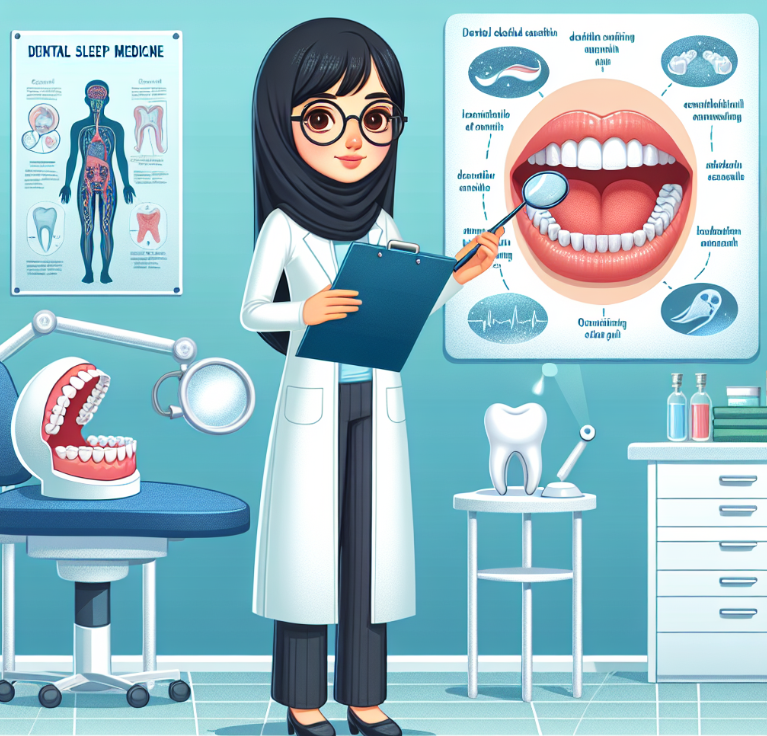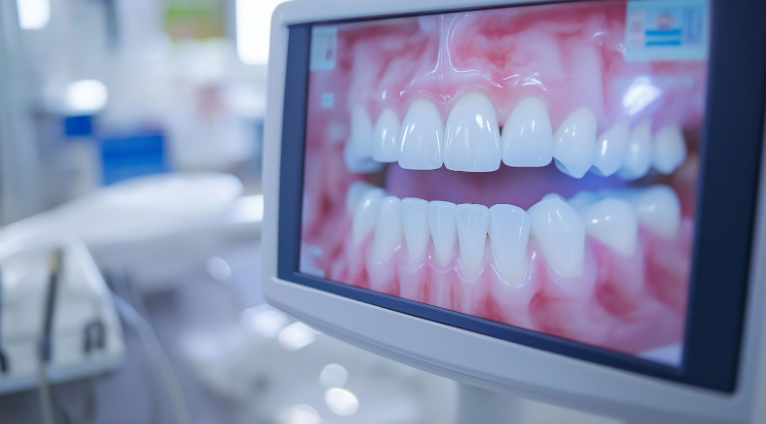How to Choose the Right Toothbrush and Toothpaste
February 15, 2023
Are you struggling to figure out which toothbrush and toothpaste are best for you and your family? Do the endless choices in the store leave you feeling overwhelmed and unsure of where to begin?
The importance of proper dental hygiene can’t be understated – it affects our overall health, well-being, and self-confidence. But, with guidance, picking out these tools can be easy and stress-free! Read on to learn more about how to choose the right toothbrush and toothpaste for you.
What Type of Toothbrush is Best for You?
Manual toothbrushes come in various shapes, sizes, and bristle types. Dental professionals recommend soft-bristled toothbrushes as they are gentle on gums and teeth and effective for removing plaque. However, opt for a toothbrush with extra-soft bristles if you have sensitive teeth and gums.
Electric toothbrushes also have been proven to be effective. They are an excellent option for people with arthritis or other conditions that make it difficult to hold a manual toothbrush.
How to Choose the Electric Toothbrush Right For You
Electric toothbrushes come in many different styles with various features, so it is vital to choose one that is right for you.
Some toothbrushes have multiple brushing modes, such as a sensitive mode for people with sensitive teeth or a whitening mode for people who want to brighten their smile. Look for an electric toothbrush that moves at least 30,000 strokes per minute, and look for one with non-slip grips.
Consider the battery life and charging options of the toothbrush. Rechargeable electric toothbrushes are a good choice, as they’re easy to refill and don’t require frequent battery changes.
Does it Matter What Toothpaste You Use?
The toothpaste you use is just as crucial as the toothbrush you choose. Fluoride toothpaste is a must, as fluoride helps to strengthen tooth enamel and prevent cavities.
Some toothpaste contains additional ingredients for specific oral health needs, such as sensitivity or whitening. For sensitive teeth, look for toothpaste containing ingredients that reduce pain and discomfort. To whiten your teeth, look for toothpaste with baking soda, hydrogen peroxide, or other whitening agents.
Be sure to choose a toothpaste approved by the American Dental Association (ADA). The ADA ensures that toothpaste is safe and effective for use in oral hygiene.
It’s also important to consider the flavor of your toothpaste. The flavor should be pleasant so that brushing is something you look forward to every day.
By taking the time to research and choose the right toothbrush and toothpaste, you can ensure that your teeth stay healthy and your smile stays bright. With some knowledge, you can find the perfect toothbrush and toothpaste for you and your family!
Take the Next Step to Achieve a Brighter and Healthier Smile
Now that you know to choose the right toothbrush and toothpaste for your needs, it’s time to take action. Schedule an appointment with Stephens Dentistry in Evanston, Illinois, to discuss your oral health needs and receive a professional cleaning. We look forward to meeting with you and helping you achieve optimal oral health.
The post How to Choose the Right Toothbrush and Toothpaste appeared first on Stephens Dentistry.


Join Our Elite Dental Family


©2022 Stephens Dentistry. All Rights Reserved.



